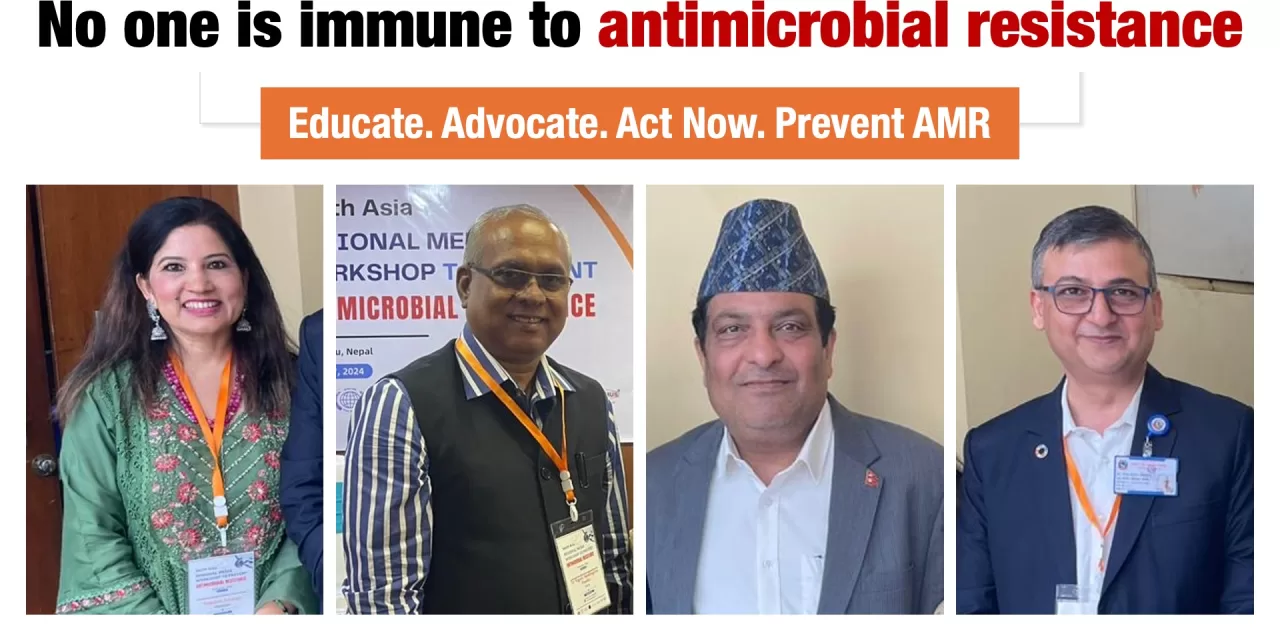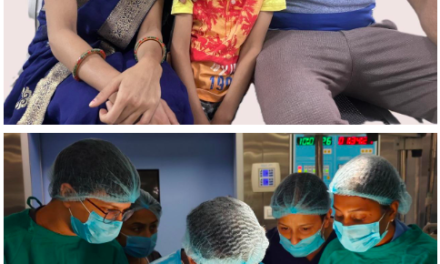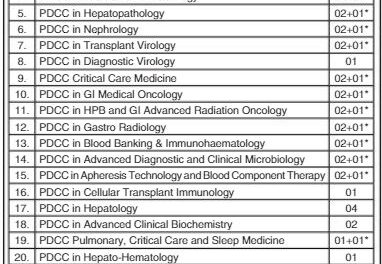Kathmandu, Nepal — The threat of antimicrobial resistance (AMR) looms large over global health, with experts highlighting its potential to undo a century of medical progress. Speaking at the South Asia Sub-Regional Media Workshop on AMR, Dr. Rajesh Sambhajirao Pandav, WHO Representative to Nepal, emphasized that even the healthiest individuals can face life-threatening situations if antimicrobials fail. This risk is magnified for those with pre-existing conditions such as cancer, HIV, or diabetes, where untreatable infections could become deadly adversaries.
Understanding Antimicrobial Resistance
Antimicrobial resistance arises when pathogens—bacteria, viruses, fungi, or parasites—evolve to resist the effects of medications. This resistance renders previously treatable infections more difficult, or even impossible, to manage, escalating the risk of disease spread, severe illness, and death. Misuse and overuse of antimicrobials are major contributors to this global health crisis. Importantly, resistance develops in the microbe, not in the patient, meaning even responsible use of antimicrobials does not eliminate the risk of resistant infections.
A Global and Local Challenge
The impact of AMR extends beyond human health, affecting animals, plants, and the environment. A “One Health” approach, which acknowledges the interconnectedness of these domains, is crucial for tackling AMR. Dr. Pandav warned that AMR is one of the top ten global health threats identified by the WHO. It threatens to increase hospital stays, medical costs, and mortality rates while impacting agricultural and food production sectors.
In 2019, AMR was linked to nearly 5 million deaths globally, with 1.27 million of these deaths directly attributed to bacterial resistance. The media plays a vital role in raising awareness and shaping public opinion on this issue. Dr. Pandav stressed the need for clear, consistent, and simple public messaging to counteract myths and misinformation about AMR.
Nepal’s Response and Strategic Plan
Nepal’s efforts to combat AMR have been commendable. The country has endorsed a National Action Plan on AMR for 2024-2028, with key priorities including improving awareness, enhancing surveillance, reducing infection rates, optimizing antimicrobial use, and promoting investment in AMR research and innovations. The plan has been endorsed by several key national bodies and awaits final cabinet approval.
Dr. Madan Kumar Upadhyaya, Chief of Quality Standards and Regulation Division at Nepal’s Ministry of Health and Population, highlighted the significant burden of AMR in Nepal. In 2019, AMR contributed to 6,400 deaths and was associated with 23,200 deaths overall, making it the third leading cause of death in the country. He pointed out that Nepal’s response includes comprehensive oversight from various national focal points, but challenges remain in technical capacity, budget constraints, and access to diagnostic facilities.
Looking Forward
The upcoming United Nations General Assembly High-Level Meeting on AMR, scheduled for September 26, 2024, will be a pivotal moment for global leaders to strengthen commitments and actions against AMR. This follows the first UN High-Level Meeting in 2016, which set the stage for significant global and national initiatives.
Additionally, World AMR Awareness Week will be observed from November 18-24, 2024, focusing on the theme: “Educate, Advocate, and Act Now.” This global event aims to further raise awareness and mobilize action against AMR.
In conclusion, the fight against antimicrobial resistance requires a concerted global effort and local action. Ensuring the right use of antimicrobials and enhancing public awareness are crucial steps in preventing AMR from becoming an even more dire global health threat.
Shobha Shukla – CNS (Citizen News Service)












